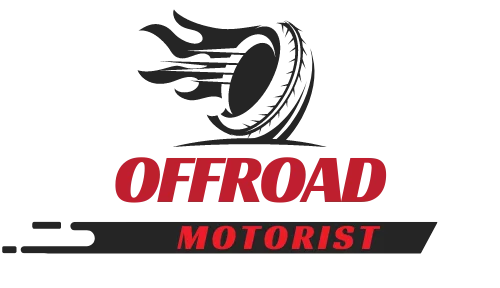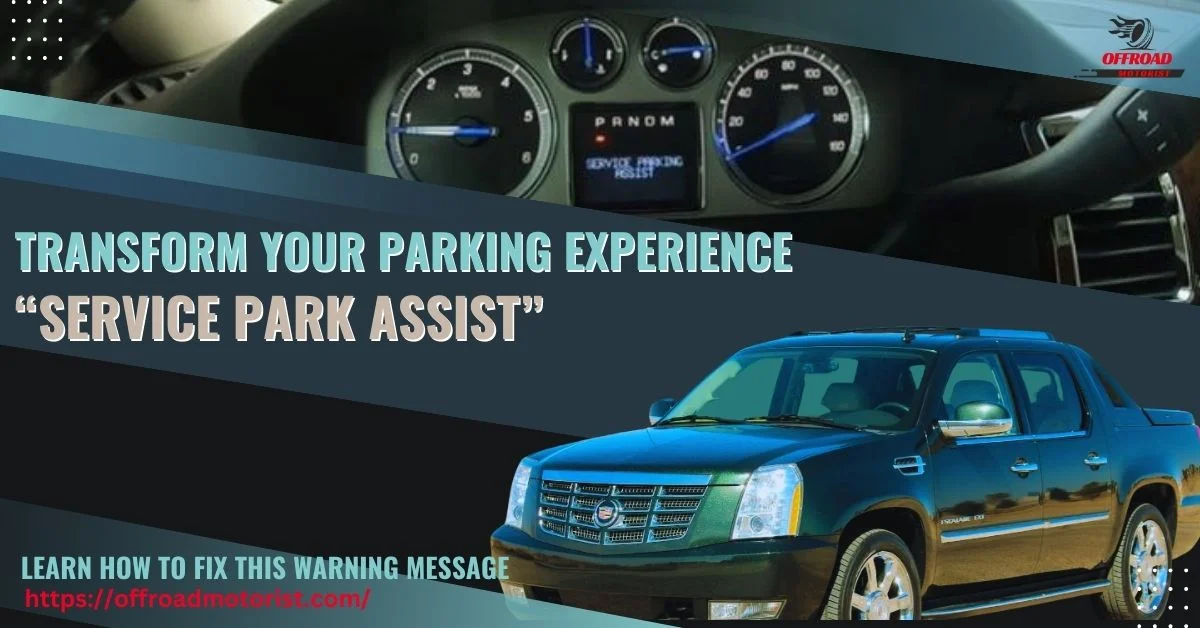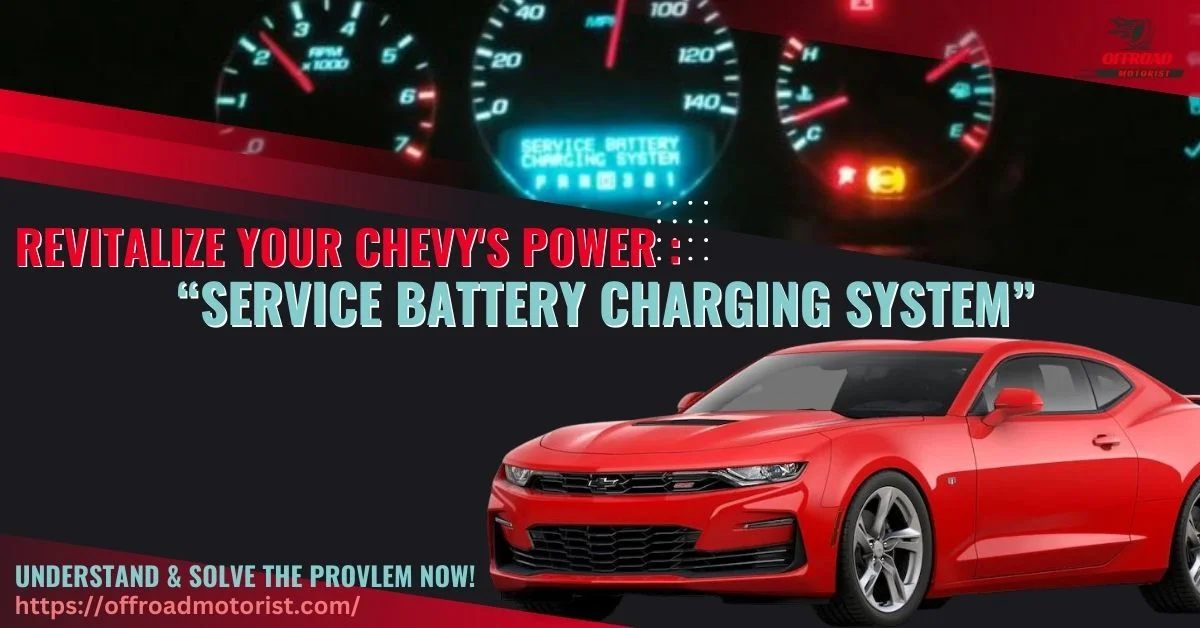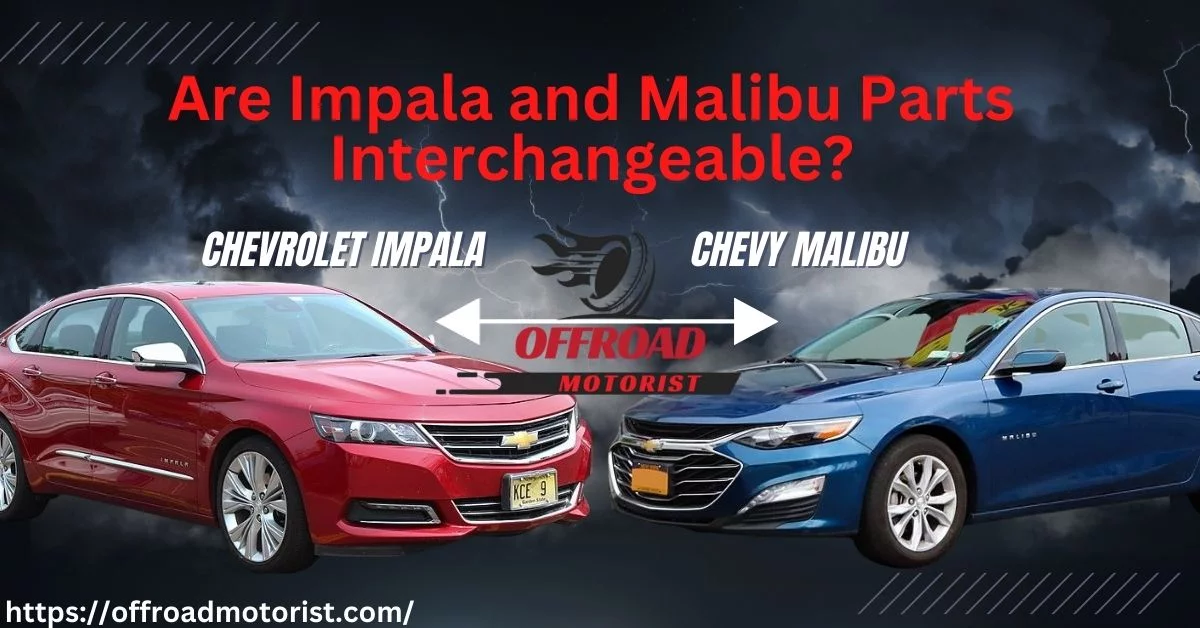Chevy 5.3 Low Oil Pressure? Stop Lifter Noise Now (2026 Guide)
The Chevy 5.3 engine is a reliable and durable workhorse, but even the best engines can develop issues over time. One common issue that Chevy 5.3 owners face is low oil pressure and lifter noise. Left unaddressed, these problems can cause severe engine damage and even lead to complete engine failure.
In this article, we’ll explore the causes of Chevy 5.3 low oil pressure and lifter noise, diagnostic steps to identify these issues, solutions to fix them, and tips to prevent them from recurring.
Whether you’re a Chevy 5.3 owner, mechanic, or simply curious about engine maintenance, this article will provide you with valuable information on how to troubleshoot and fix low oil pressure and lifter noise in your Chevy 5.3 engine.
So let’s dive in and discover what you need to know!
Causes of Low Oil Pressure and Lifter Noise in Chevy 5.3 Engines
Low oil pressure and lifter noise are common issues in Chevy 5.3 engines. Here are some of the most likely causes of these problems:
I. Insufficient oil supply
One of the most common causes of low oil pressure in Chevy 5.3 engines is an insufficient oil supply. This can be due to several reasons, including:
- Oil leaks: If there is a leak in the engine’s oil system, oil can escape and lower the oil pressure. Common areas for leaks include the valve cover gaskets, oil pan gasket, and rear main seal.
- Oil pump failure: The oil pump is responsible for circulating oil throughout the engine. If the pump fails, the oil pressure will drop.
- Clogged oil passages: Over time, sludge and debris can accumulate in the engine’s oil passages, reducing the flow of oil and causing low oil pressure.
II. Oil pressure sensor malfunction
Another possible cause of low oil pressure in Chevy 5.3 engines is a malfunctioning oil pressure sensor. This sensor measures the engine’s oil pressure and sends a signal to the gauge or warning light on the dashboard.
A malfunctioning oil pressure sensor can cause inaccurate readings, leading to warning lights, even if the oil pressure is normal.
III. Worn-out lifters or other engine components
Lifter noise is a common issue in Chevy 5.3 engines, and it’s often caused by worn-out lifters or other engine components. Lifters are responsible for opening and closing the engine’s valves, and if they become worn or damaged, they can produce a ticking or clattering noise.
Lifter noise is often caused by worn-out lifters or other engine components such as bearings.
By understanding these potential causes of low oil pressure and lifter noise, you can take the necessary steps to diagnose and fix the problem before it causes further damage to your engine.
Diagnosis of Low Oil Pressure and Lifter Noise in Chevy 5.3 Engines
Diagnosing low oil pressure and lifter noise in your Chevy 5.3 engine is essential to prevent further damage. Here are the steps you can take to diagnose these issues:
I. Check the oil level and quality
The first step in diagnosing low oil pressure and lifter noise is to check the oil level and quality. Make sure the oil level is at the proper level, and the oil is clean and free of contaminants. If the oil level is low or the oil is dirty, it can cause low oil pressure and lifter noise.
II. Inspect the oil pressure sensor and gauge
Check the oil pressure sensor and gauge to ensure they are functioning correctly. If the sensor or gauge is faulty, it can cause inaccurate readings and trigger warning lights even if the oil pressure is normal.
III. Conduct a compression test
If the oil level and sensor are both functioning correctly, you should conduct a compression test to determine if there is a problem with the engine’s internal components.
A compression test will measure the pressure inside each cylinder and can help identify issues such as worn piston rings, damaged valves, or worn-out lifters.
IV. Use a stethoscope to locate lifter noise
To diagnose lifter noise specifically, use a stethoscope to pinpoint the source of the noise. Place the stethoscope on different engine components, such as the valve covers, to locate the noise’s origin.
Following these diagnostic steps, you can identify the root cause of low oil pressure and lifter noise in your Chevy 5.3 engine. In the next section, we’ll discuss the solutions you can implement to fix these issues.
If your Chevy Tahoe is cranking but not starting, we are here to help. Our comprehensive guide offers step-by-step instructions to diagnose the issue.
Solutions for Low Oil Pressure and Lifter Noise in Chevy 5.3 Engines
Once you’ve diagnosed the cause of low oil pressure and lifter noise in your Chevy 5.3 engine, it’s time to implement solutions to fix these issues. Here are some solutions to consider:
- Replace or repair faulty engine components.
- Clean or replace clogged oil passages.
- Use higher viscosity oil or add oil additives.
- Take preventative measures.
I. Replace or repair faulty engine components
If low oil pressure or lifter noise is caused by worn-out or damaged engine components, such as the oil pump, lifters, or bearings, the best solution may be to replace or repair these parts. You can find high-quality replacement parts online or at your local auto parts store.
II. Clean or replace clogged oil passages
If low oil pressure is caused by clogged oil passages, you may be able to clean them using an engine oil flush or by manually removing the sludge and debris. Alternatively, you can replace the oil passages altogether.
III. Use higher viscosity oil or add oil additives
If the engine components are in good condition but the oil pressure is still low, you may want to consider using a higher-viscosity oil or adding oil additives to increase the oil pressure.
Be sure to check the owner’s manual or consult with a mechanic before changing the oil viscosity.
IV. Preventative measures
To avoid future issues with low oil pressure and lifter noise in your Chevy 5.3 engine, you can take preventative measures such as:
- Changing the oil regularly and using high-quality oil filters
- Using the right type of oil for your specific engine model
- Using fuel additives to keep the engine clean
By implementing these solutions and preventative measures, you can extend the lifespan of your Chevy 5.3 engine and prevent further issues with low oil pressure and lifter noise.
- Looking for solutions to fix your Chevy truck’s gas tank not venting issue? Click Here What To Do When Your Chevy Truck Gas Tank Not Venting Properly!
FAQs on Chevy 5.3 Low Oil Pressure and Lifter Noise
To further assist you in troubleshooting and fixing low oil pressure and lifter noise in your Chevy 5.3 engine, we’ve compiled a list of frequently asked questions.
We hope these FAQs will help answer any additional questions you may have and provide clarity on how to address and prevent 5.3 low oil pressure and lifter noise issues.
What causes low oil pressure in a Chevy 5.3 engine?
Low oil pressure in a Chevy 5.3 engine can be caused by a variety of issues, such as an oil pump failure, clogged oil passages, low oil level, a faulty oil pressure sensor, or worn engine components.
What does the “Oil Pressure Low Stop Engine” warning mean in my Chevy?
The “Oil Pressure Low Stop Engine” warning is an indicator that the oil pressure in your Chevy 5.3 engine has dropped to a dangerously low level. This warning means that you should stop the engine immediately to prevent further damage.
What happens if I ignore the “Oil Pressure Low Stop Engine” warning?
Ignoring the “Oil Pressure Low Stop Engine” warning can lead to severe engine damage, including premature wear of engine components and even complete engine failure.
Can I drive my Chevy 5.3 with low oil pressure?
It’s not recommended to drive your Chevy 5.3 with low oil pressure, as it can cause severe engine damage. If the oil pressure warning light comes on or you hear a lifter noise, you should stop the engine immediately and address the issue.
How do I fix low oil pressure in my Chevy 5.3 engine?
Fixing low oil pressure in a Chevy 5.3 engine depends on the root cause of the issue. Solutions can include replacing a faulty oil pump, repairing or replacing worn engine components, cleaning clogged oil passages, or using a higher viscosity oil or oil additives.
What causes lifter noise in a Chevy 5.3 engine?
Lifter noise in a Chevy 5.3 engine can be caused by worn or damaged lifters or other engine components, such as bearings or camshafts.
How do I know if my Chevy 5.3 engine has a lifter noise?
Lifter noise in a Chevy 5.3 engine can sound like a ticking or clattering noise coming from the engine compartment. It can also cause the engine to run rough or stall.
Can lifter noise cause damage to my Chevy 5.3 engine?
Yes, lifter noise can cause premature wear and damage to engine components if left unaddressed.
How do I fix lifter noise in my Chevy 5.3 engine?
Fixing lifter noise in a Chevy 5.3 engine can involve replacing worn or damaged lifters or other engine components, or using oil additives to help reduce the noise.
How often should I change the oil in my Chevy 5.3 engine?
The recommended oil change interval for a Chevy 5.3 engine varies depending on the model year and driving conditions. Refer to the owner’s manual for the manufacturer’s recommended oil change interval.
How do I fix low oil pressure in my Chevy 5.3 engine?
Fixing low oil pressure in a Chevy 5.3 engine depends on the root cause of the issue. Solutions can include replacing a faulty oil pump, repairing or replacing worn engine components, cleaning clogged oil passages, or using a higher viscosity oil or oil additives.
Final Words on Chevy 5.3 Low Oil Pressure and Lifter Noise
Low oil pressure and lifter noise are common issues in Chevy 5.3 engines, but they can be diagnosed and fixed with the proper solutions. By taking the necessary steps to maintain your engine’s health, you can keep your Chevy 5.3 running smoothly for years to come.
We hope that this article has been informative and helpful in troubleshooting low oil pressure and lifter noise in Chevy 5.3 engines. By taking the necessary steps to maintain your engine’s health, you can keep your Chevy 5.3 running smoothly for years to come.






